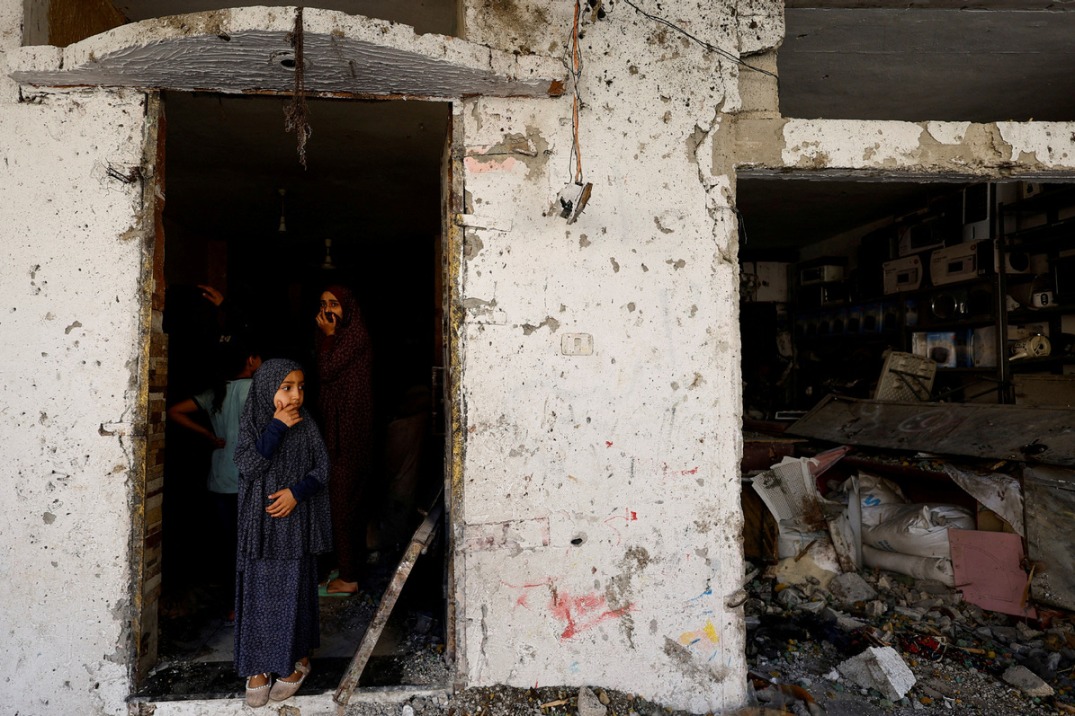Experts say climate change is fueling conflicts, forced migration in Africa


NAIROBI -- Africa has become an epicenter of violent conflicts and forced migration thanks to frequent eruption of natural calamities linked to climate change, experts said on Friday at a pan-African climate forum underway in Nairobi.
According to the experts, global warming that has escalated resource based conflicts in Africa bodes ill for the continent's quest to sustain economic growth, stability and cohesion.
Henry Mutembei, scholar with Nairobi-based Wangari Maathai Institute for peace and environmental studies, warned that the continent's stability is at stake as climate change-linked disasters fuel inter-communal skirmishes and forced migration of productive segment of the population.
"The nexus between climate change and surge in conflicts, insecurity and migration in Africa is overwhelming thus placing a heavier responsibility on governments to address this phenomenon with urgency," said Mutembei.
He noted that the Horn of Africa and Sahel regions have become flashpoints as famines and water stress disrupt the livelihoods of agro-pastoral communities.
"Rapid desertification is already causing a migration crisis and sporadic conflicts in the Sahel region. These climate refugees that are increasing in numbers pose serious threats to global security," said Mutembei.
He stressed that targeted investments in resilience projects including climate-smart agriculture and restoration of vital ecosystems could forestall resources-based conflicts in Africa.
Delegates attending the three-day conference renewed call for governments and multilateral lenders to realign climate resilience in the continent with security, peace and inter-communal harmony.
Bethlehem Abebe, an analyst with regional bloc, the Inter-Governmental Authority on Development (IGAD), said the security and forced migration dimension of climate change in Africa should be accorded priority.
"It is evident that climate change is causing forced mobility and tensions among communities as they compete for scarce resources. What is required now is better resilience for refugees and host communities," said Abebe.
Ruth Omondi, a Kenyan conflicts specialist, said that skirmishes linked to climatic shocks are bound to increase in Africa hence the need for governments to prioritize coping mechanisms for communities living in the hotspots.
"Severe climatic conditions are pushing pastoralists and small-scale farmers to the edges hence the need to develop adaptation programs that ensures their livelihoods are not destabilized," said Omondi.
She added that regulated mobility for communities affected by climatic shocks is key to prevent conflicts.
"Mobility is an adaptability mechanism for communities affected by harsh climatic conditions and should be regulated to ensure they do not put a strain on water, fertile land and pasture in their new settlements," Omondi said.



































